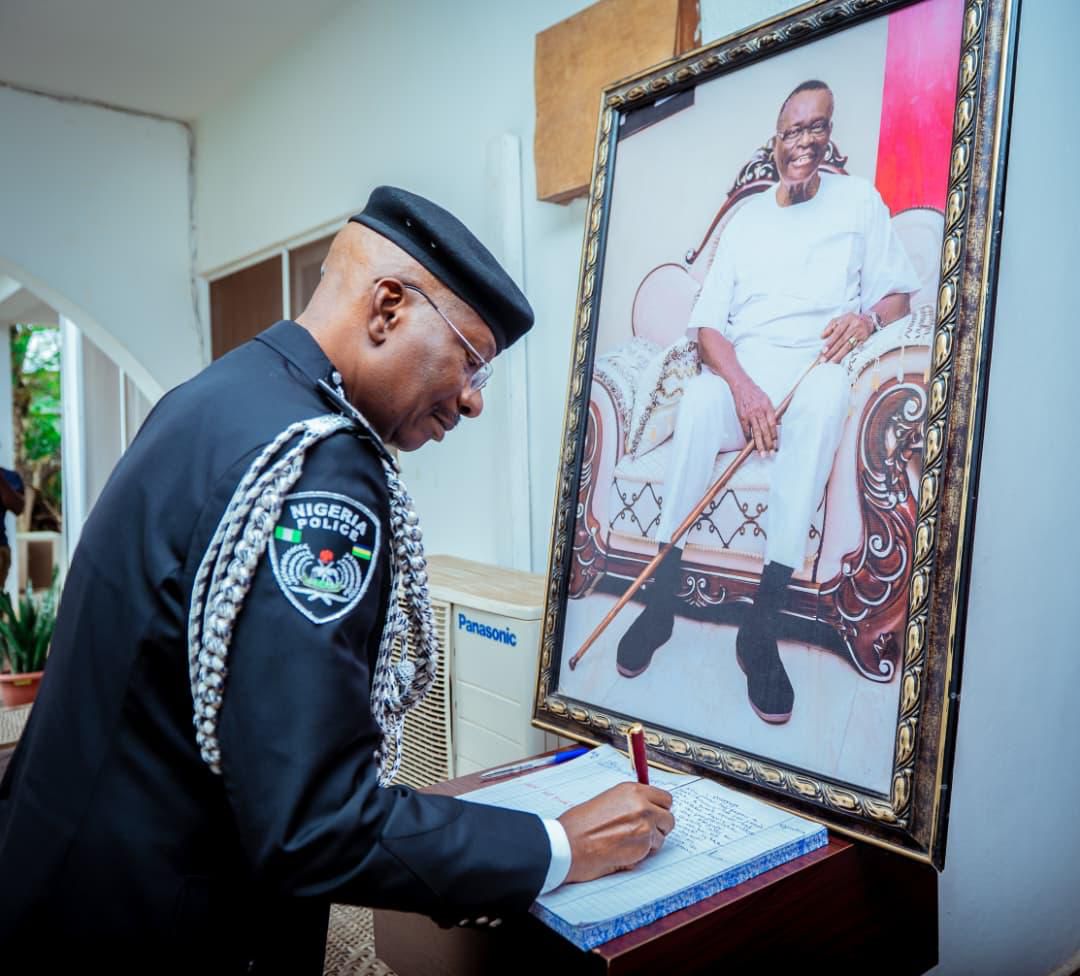
“The Middle Class Is Now Begging to Survive”— Chimamanda Adichie Cries Out Over Nigeria’s Worsening Hardship

Renowned Nigerian author Chimamanda Ngozi Adichie has raised a passionate alarm over the deteriorating economic conditions in Nigeria, expressing deep concern that citizens who once belonged to the country’s middle class are now being pushed into extreme poverty and are “begging to survive.” The acclaimed writer made the chilling statement during a recent conversation, voicing what millions of Nigerians are silently enduring as the nation battles one of its worst economic downturns in decades.
Chimamanda’s voice—intellectual, influential, and widely respected across the globe—has once again brought the harsh realities of Nigerian life into sharp focus. “Life has become so hard in Nigeria. People who were formerly middle class are now begging to survive,” she said, her words laced with both pain and urgency. Her remarks struck a national nerve, drawing attention not only to the failing economy but also to the eroding dignity of a population that once lived with relative stability and modest comfort.
Once a vibrant segment of society characterized by salaried workers, civil servants, academics, small business owners, and professionals, Nigeria’s middle class has been hollowed out by a perfect storm of inflation, currency devaluation, fuel price hikes, unemployment, and insecurity. The naira has lost significant value in the past year, with everyday goods now costing double or triple their price compared to a year ago. Salaries remain stagnant, but the price of basic commodities—rice, bread, transport, power, even sachet water—has skyrocketed beyond the reach of ordinary Nigerians.
Adichie’s words resonate particularly because they are not just observations from afar. She has long maintained a close relationship with Nigeria despite her global fame and American residence. Her visits home and her family’s presence in the country keep her grounded in the everyday experience of Nigerians. She speaks not as an outsider looking in, but as a daughter of the soil whose heart is broken by the suffering she sees among her own people.
According to her, the economic collapse isn’t just hurting the poor—it is erasing the middle class. And in any society, when the middle class collapses, so too does hope. “What I find particularly distressing is seeing people who used to live decently now begging. People with degrees, people who used to run small businesses, teachers, even retired professionals are now either going hungry or depending on charity. It’s not just poverty—it’s humiliation,” she said.
Social media platforms lit up after her remarks, with many Nigerians confirming her sentiments with their own stories. Users posted about parents unable to pay school fees, professionals now taking up street trading, and families surviving on a single meal a day. A viral video even showed a university lecturer breaking down in tears while explaining how he hadn’t received his full salary in over four months. Many have also drawn comparisons between today’s hardship and the era of military rule, claiming things are even worse now under a civilian democracy.
Chimamanda’s comments also point toward a wider failure of leadership and governance. While citizens tighten their belts to survive, political elites continue to flaunt wealth—chartered flights, convoys, overseas medical trips, and lavish parties. The recent news that lawmakers were purchasing luxury SUVs worth hundreds of millions of naira sparked national outrage, yet those protests have yielded little accountability or change. For the suffering Nigerian, the message is clear: the leaders are eating while the citizens starve.
Economists have blamed the crisis on a mix of poor monetary policies, corruption, overdependence on oil, and insecurity that has crippled agricultural and industrial production. President Bola Tinubu’s administration, which came into office with promises of reform and economic revival, has so far struggled to reverse the tide. The removal of fuel subsidy and the floating of the naira—moves intended to stabilize the economy—have instead triggered steep inflation and more suffering in the short term.
While the government has announced palliatives such as conditional cash transfers, food distribution, and small business loans, these measures are widely seen as inadequate or poorly executed. Many Nigerians claim they’ve never benefited from any palliative. “It’s as if you have to know someone or be part of a political party before you can get help,” said a schoolteacher in Kaduna, who asked not to be named. “Meanwhile, I haven’t paid rent in five months.”
Against this backdrop, Chimamanda’s voice is a clarion call for not just sympathy but systemic change. Her statement is more than an emotional outburst—it is a factual, heartbreaking reflection of how quickly a nation can lose its soul when its institutions fail to protect its citizens. It is also a powerful indictment of how those in power appear disconnected from the everyday agony of the people they govern.
“The worry,” she said, “is not just for now, but for the future. How do you rebuild a country where even hope has been crushed? Where people don’t dream anymore because every day is a struggle for survival?”
Her concern echoes beyond economic implications—it touches on the psychological and emotional toll of living in perpetual uncertainty. The rise in mental health issues, youth migration, street crime, and despair is no coincidence. When people are stripped of the basics—food, shelter, dignity—something breaks inside them. And when millions experience that break at the same time, the consequences are unpredictable and dangerous.
As Chimamanda Adichie’s comments continue to trend across platforms, Nigerians are hoping that the echo of her words will stir the conscience of those in power. That it will serve as a mirror reflecting the urgent need for policies rooted in empathy, justice, and genuine development.
For now, her words remain both a lament and a prophecy. A lament for the country she loves, and a prophecy of what could come if nothing changes.
If nothing changes soon, the middle class may disappear entirely—and with it, the bridge that connects the rich and the poor. A country without a middle class is a country standing on a crumbling foundation. And Chimamanda has merely spoken what millions are already living.


